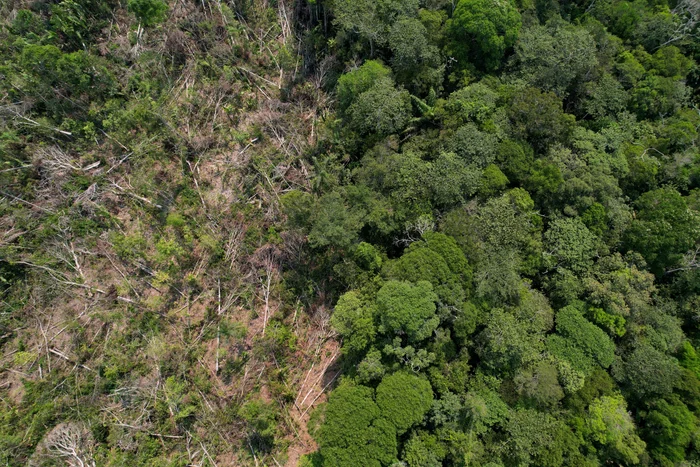A new scientific assessment has found that global wildlife populations have plunged by an average of 73% in 50 years as humans continue to push ecosystems to the brink of collapse.
According to the WWF and the Zoological Society of London’s (ZSL) biennial Living Planet report, Latin America and the Caribbean recorded the steepest average declines in recorded wildlife populations, with a 95% fall. They were followed by Africa with 76%, and Asia and the Pacific at 60%. Europe and North America recorded comparatively lower falls of 35% and 39% respectively since 1970.
Scientists said this was explained by much larger declines in wildlife populations in Europe and North America before 1970 that were now being replicated in other parts of the world. They warned that the loss could quicken in future years as global heating accelerates, triggered by tipping points in the Amazon rainforest, Arctic and marine ecosystems, which could have catastrophic consequences for nature and human society.
Matthew Gould, ZSL’s chief executive, said the report’s message was clear: “We are dangerously close to tipping points for nature loss and climate change. But we know nature can recover, given the opportunity, and that we still have the chance to act.”
Read also: House asks FG to explore $23bn climate investment fund
The figures, known as the Living Planet Index, are made up of almost 35,000 population trends from 5,495 mammals, birds, fish, amphibians and reptiles species around the world, and have become one of the leading indicators of the global state of wildlife populations. In recent years, the metric has faced criticism for potentially overestimating wildlife declines.
The index is weighted in favour of data from Africa and Latin America, which have suffered larger declines but have far less reliable information about populations. This has had the effect of driving a dramatic top line of global collapse despite information from Europe and North America showing less dramatic falls.
Hannah Wauchope, an ecology lecturer at Edinburgh University, said: “The weighting of the Living Planet Index is imperfect, but until we have systematic sampling of biodiversity worldwide, some form of weighting will be necessary. What we do know is that as habitat destruction and other threats to biodiversity continue, there will continue to be declines.”
Critics question the mathematical soundness of the index’s approach, but acknowledge that other indicators also show major declines in the state of many wildlife populations around the world.
Story was adapted from the Guardian.
